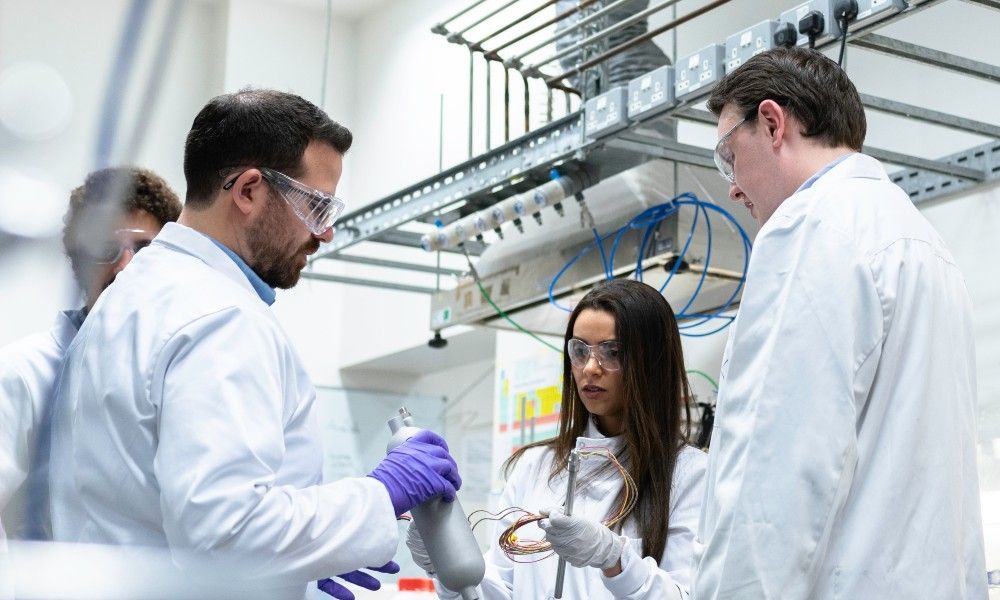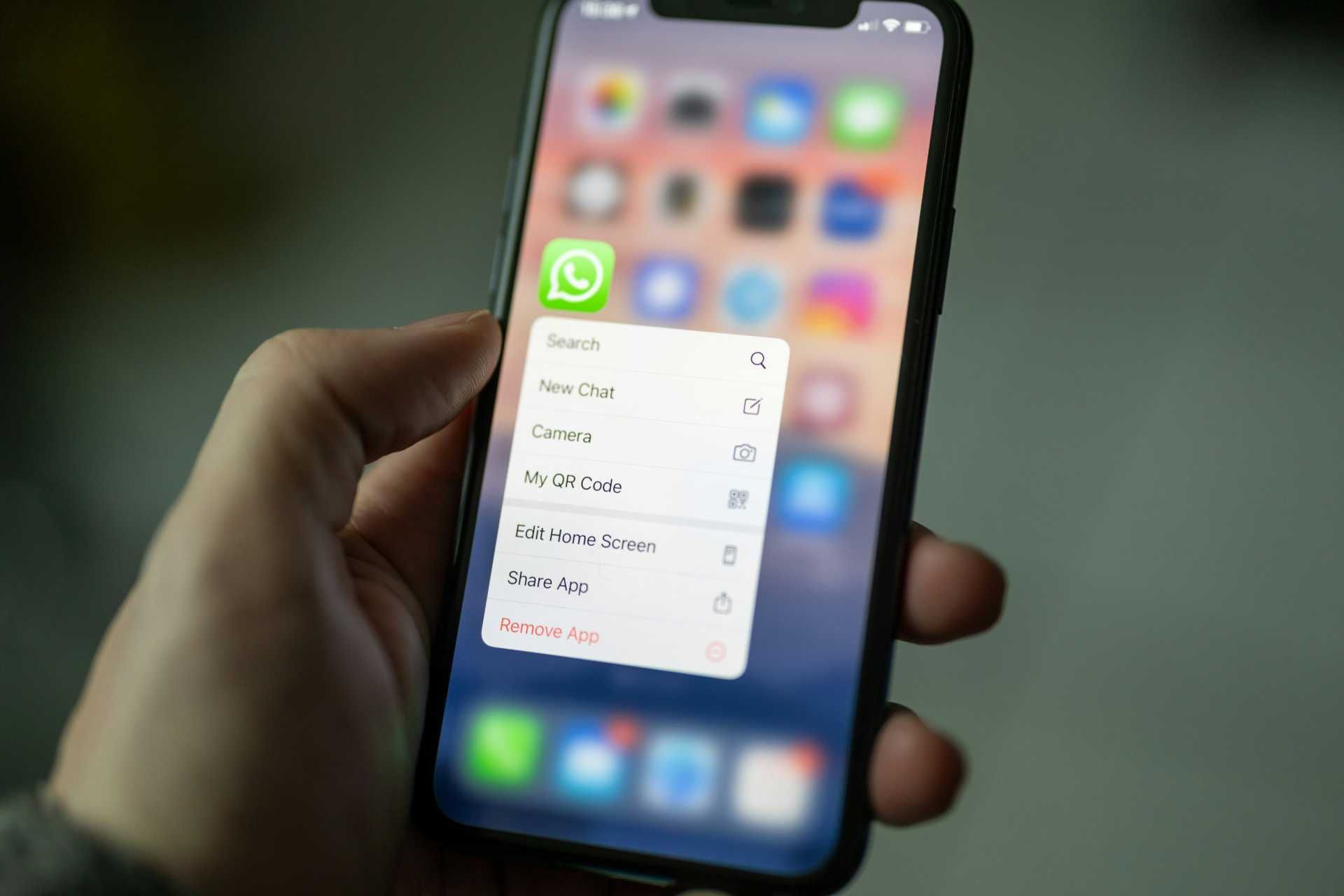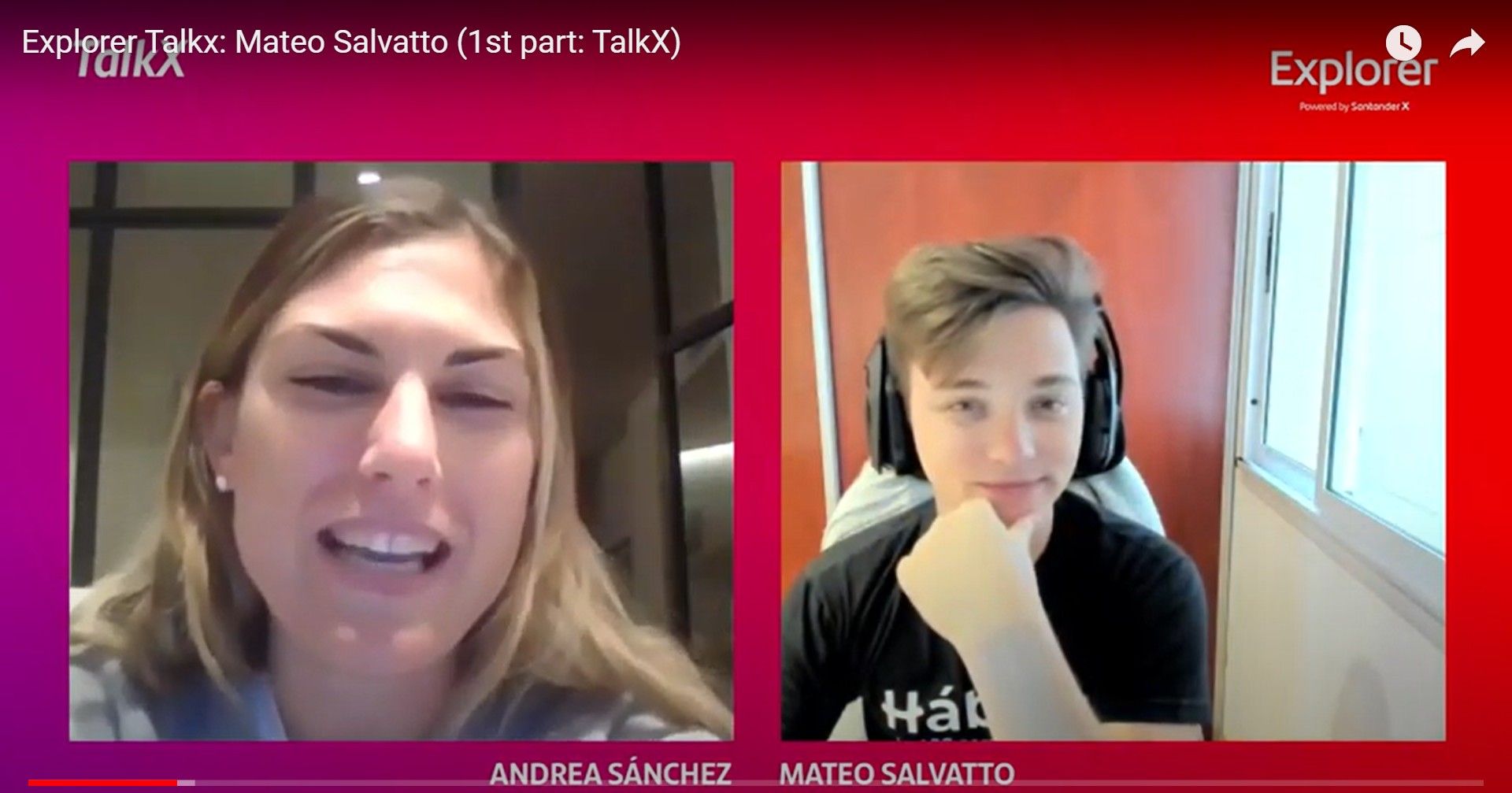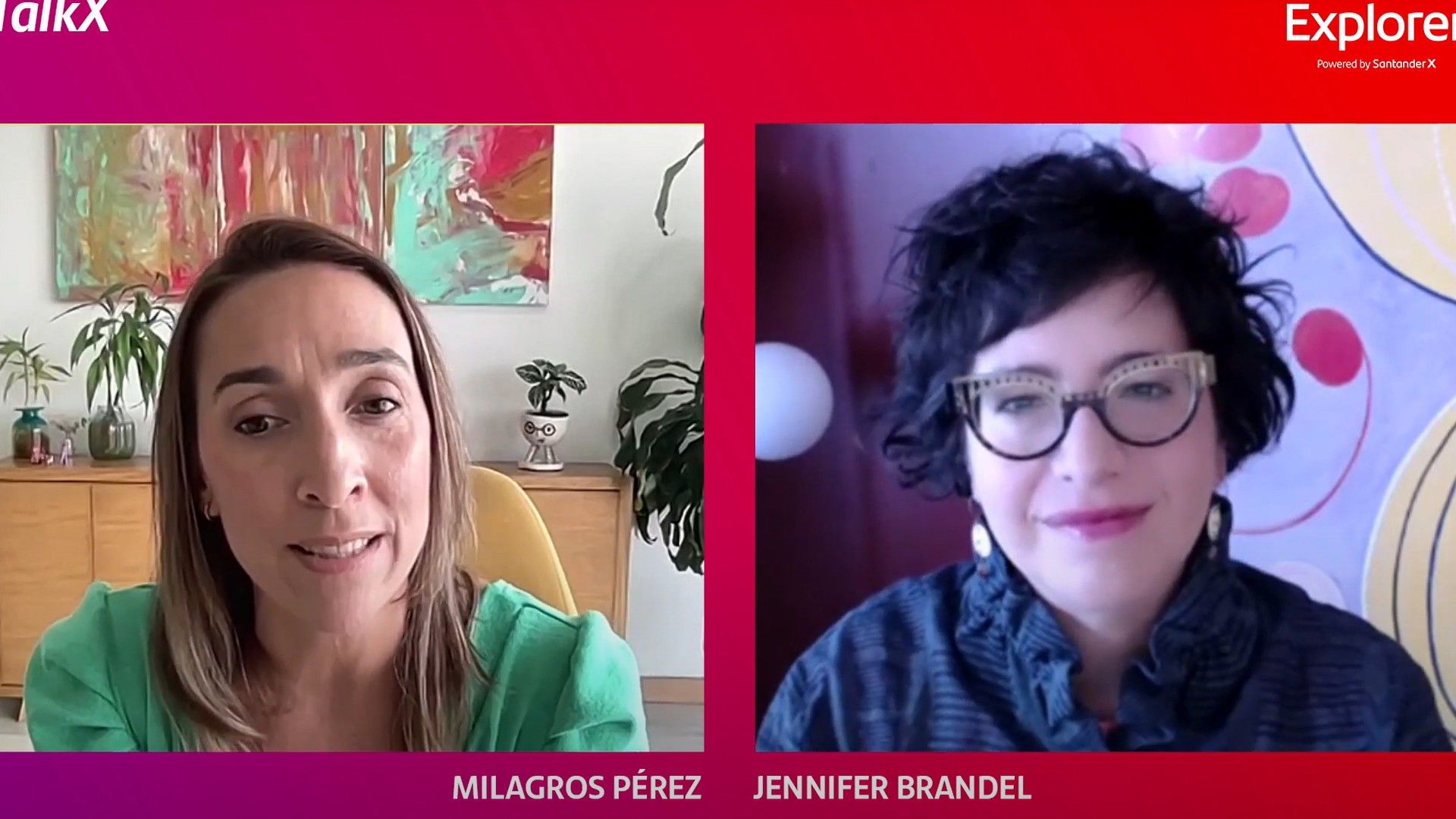5/24/2022
Soft skills
4 minutes of reading
The key to entrepreneurial success: scientific thinking
Authors
- Santander X Explorer
Categories

Looking to give your project a twist and turn it into your professional future? If the answer is yes, science is the recipe.
Want to fulfil your entrepreneurial goals? Looking to give your project a twist and turn it into your professional future? If the answer is yes, science is the recipe. We’re not talking about locking yourself in a lab and mixing liquids in test tubes until you strike the right formula to ensure an idea is feasible - it’s about applying the scientific community’s thinking parameters. That’s what Adam Grant proposes in his book “Think Again” .
The author refers to a study conducted at Bocconi University in Milan entitled “A Scientific Approach to Entrepreneurial Decision-Making: Evidence from a Randomized Control Trial ”, by Arnaldo Camuffo, Alessandro Cordova, Alfonso Gambardella and Chiara Spina, whose conclusions could turn everything you thought you knew about entrepreneurship upside down. It will at least make you rethink a lot of things without ceasing to believe in yourself, and this is the perfect time in life to do just that. That is precisely what Grant posits.
Picture landing in Milan to take part in an entrepreneurial training programme. For four months, you learn how to create a business strategy, interview customers and build a viable product. But there is something you don’t know: You and all the other trainees have been allocated to different groups at random.
The first one is a “scientific group”; the second one is a control group. The content was similar for both groups, but members in the first group were encouraged to see startups through a scientific thinking lens. In other words:
- The strategy lies in the theory.
- Interviews with customers help to develop a hypothesis.
- A minimally viable product or prototype is an experiment used to test that hypothesis.
This scenario means results have to be measured thoroughly and decisions must be made based on whether the hypothesis is confirmed or refuted. As a result, the differences between each group’s entrepreneurial performance were… dramatic!
Conclusions: € 250 vs. € 9,850
During the year that followed the study, the startups launched by the control group achieved average profits of $ 300 (less than € 250). Meanwhile, the projects by the “scientific group” hit figures of around $ 12,000 (roughly € 9,850). Plus, their results came twice as quickly and they got customers faster. Why?
Entrepreneurs in the control group generally stuck to their initial strategy and product - the good decisions they had made were virtues they preached about. Conversely, those who were encouraged to think like the scientific community changed their course and pivoted more than twice as often; when their hypothesis fell through, they knew it was time to change their business model. “If knowledge is power, knowing what you don’t know is wisdom” - the well-known “I know that I know nothing” rephrased by Adam Grant.



